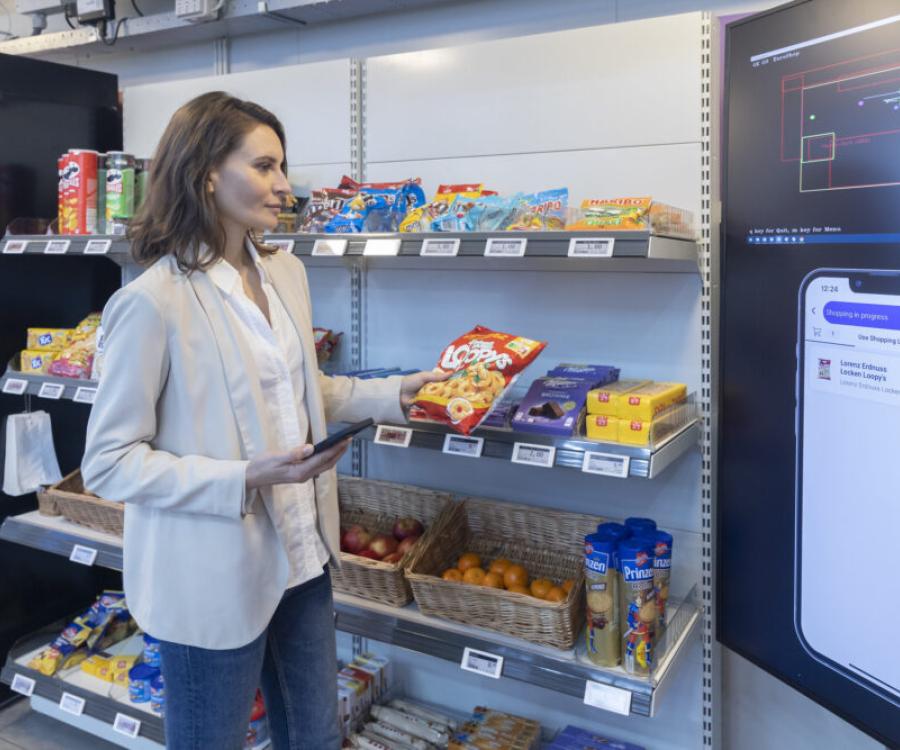Supply chains are being held back by the effects of globalisation, according to a new survey, with 83% of executives from leading enterprises claiming to see only average or poor performance.
Over 60% said this is primarily due to the number of partners involved and the risks this creates, which is in turn limiting their flexibility.
Barloworld Supply Chain Software, a leading provider of strategic and tactical supply chain solutions to optimise network design, demand and supply planning and inventory management, polled 90 cross-industry supply chain executives, the majority of which were from companies with over £1bn turnover.
Today, the globalisation of the supply chain is largely unavoidable, argues Barloworld SCS CEO Richard Forrest, who says that cost containment and market expansion go hand in hand and are essential to achieve growth. The survey reflects the fact that this is impacting the way companies view and use their own supply chains, he said.
"The risks globalisation creates are not solely attributable to the number of partners involved in the now extended, internationally far reaching process of getting a product to a customer," Forrest said.
These latest findings echo an earlier PWC survey of over 500 executives across Europe. It showed that, for many organisations, profitability, cost management and customer satisfaction, together with supply chain flexibility, are front of mind.
The strategies currently being investigated by many organisations to mitigate the risks and costs associated with globalisation hinge on three key themes, including collaboration, visibility and performance management capabilities. While these are not new, the survey shows that the expansion of supply chain around the globe has brought new meaning to them.
In this changing environment, more than half (54%) of executives felt collaboration needs to be cross-functional and cross-enterprise with shared accountability of how the supply chain performs, as well as delivering better data transparency (44%).
While better visibility of demand was only seen as fundamental by 26%, having accurate inventory and replenishment insights was identified as important by 33%, together with building flexibility and elasticity in the logistics network (49%).
The final essential component of dealing with the many elements of a global supply chain is the ability to gauge performance, which 54% of executives say requires the right functional and cross-functional KPIs.
Barloworld SCS CEO Richard Forrest reflected that, while the survey highlighted a lot is being achieved in the development of the supply chain to overcome new risks and complexities, there are challenges which remain.
For example, to harness globalisation, many companies are focusing on the right process-based elements but when it comes to enabling these initiative with the right technology, the survey highlights incongruity in their attitudes. While the majority (89%) are confident in articulating a business case requesting investment, 64% also feel that the benefits are seen as disproportional to the cost of the technology and that, inevitably, other parts of the business will be prioritised for this budget.
Source: Barloworld SCS







